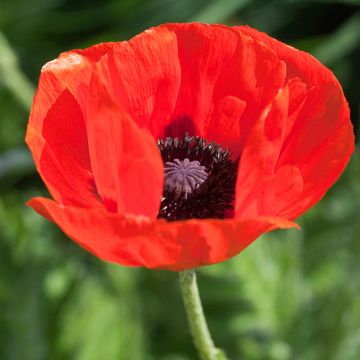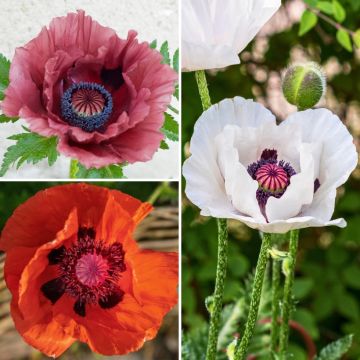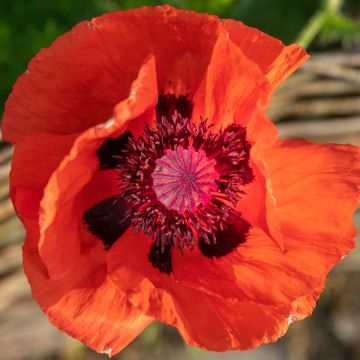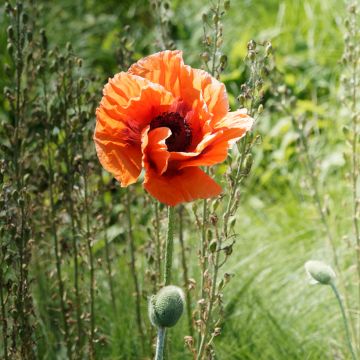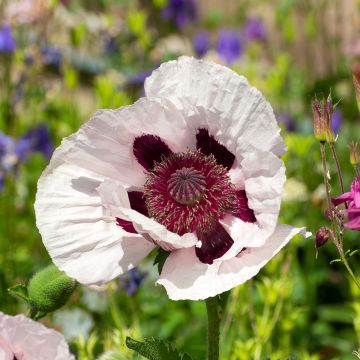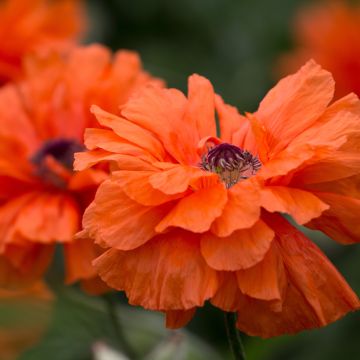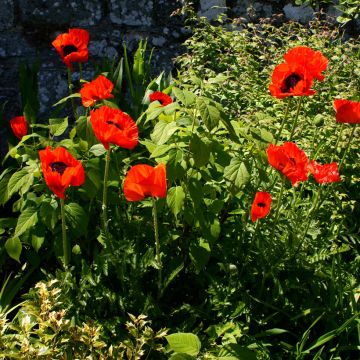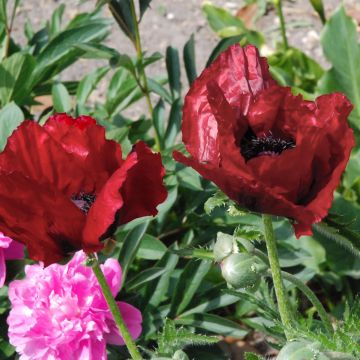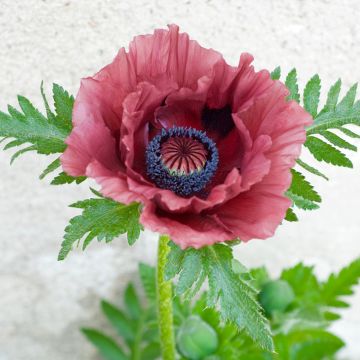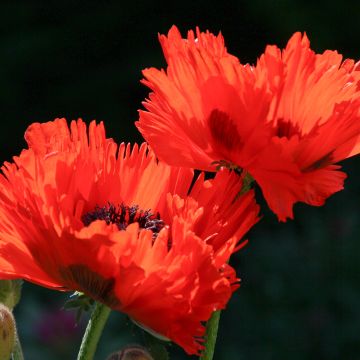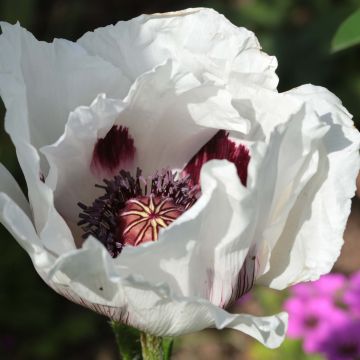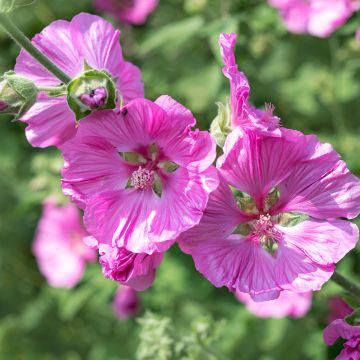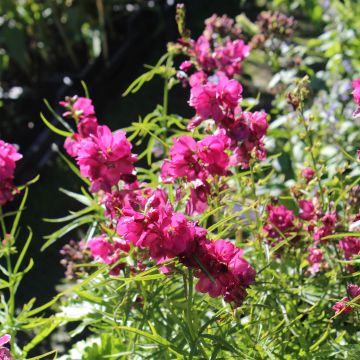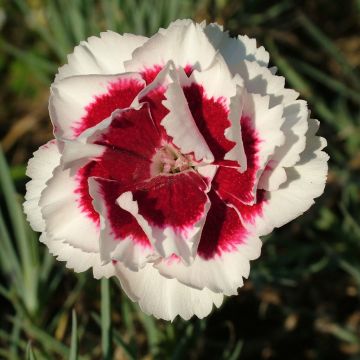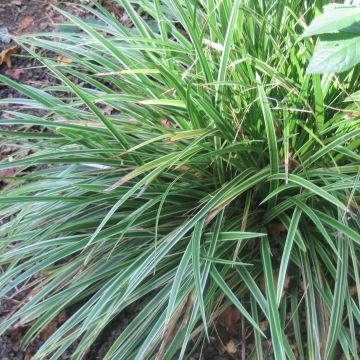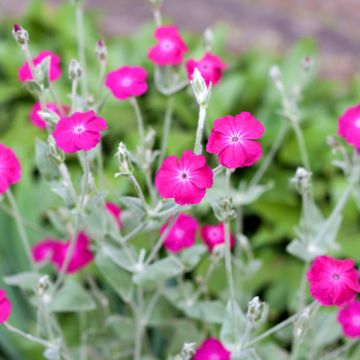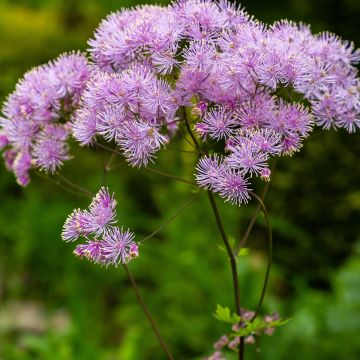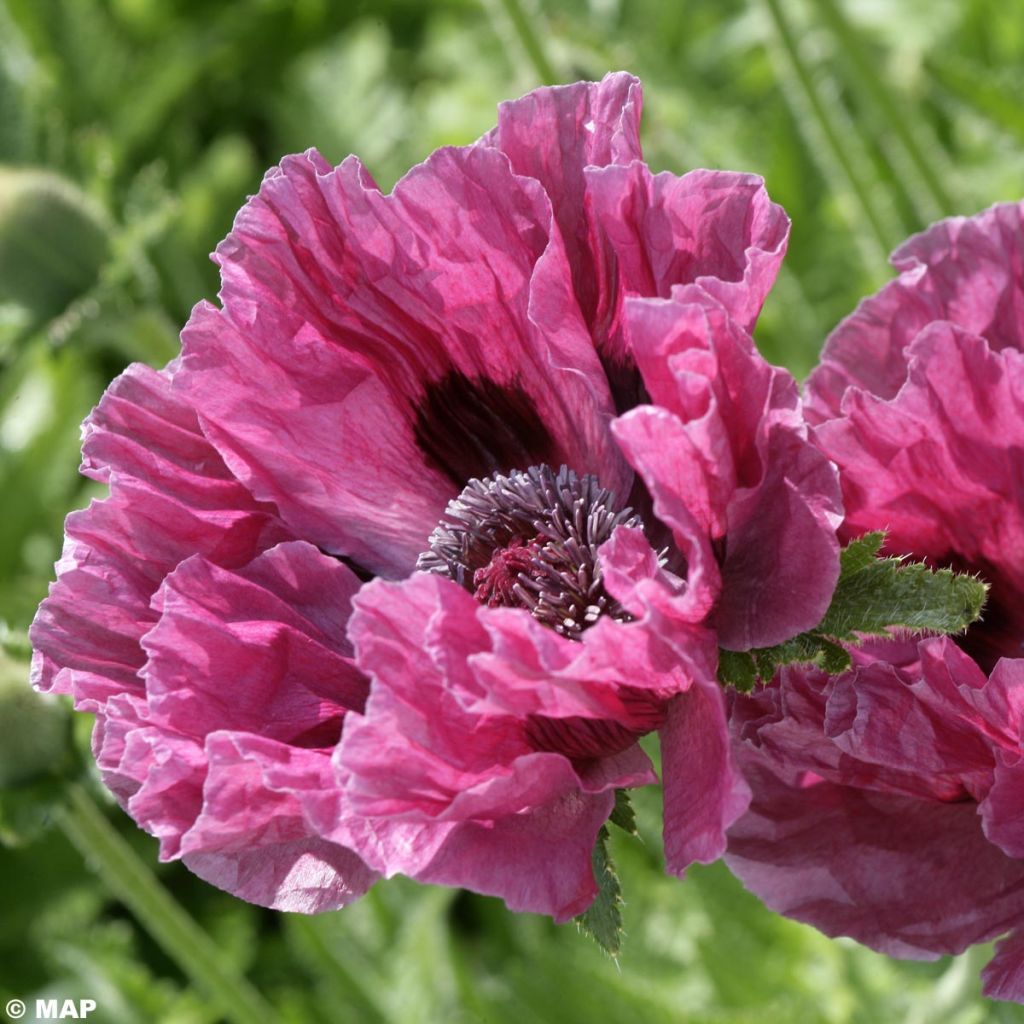

Papaver orientale Manhattan - Oriental Poppy
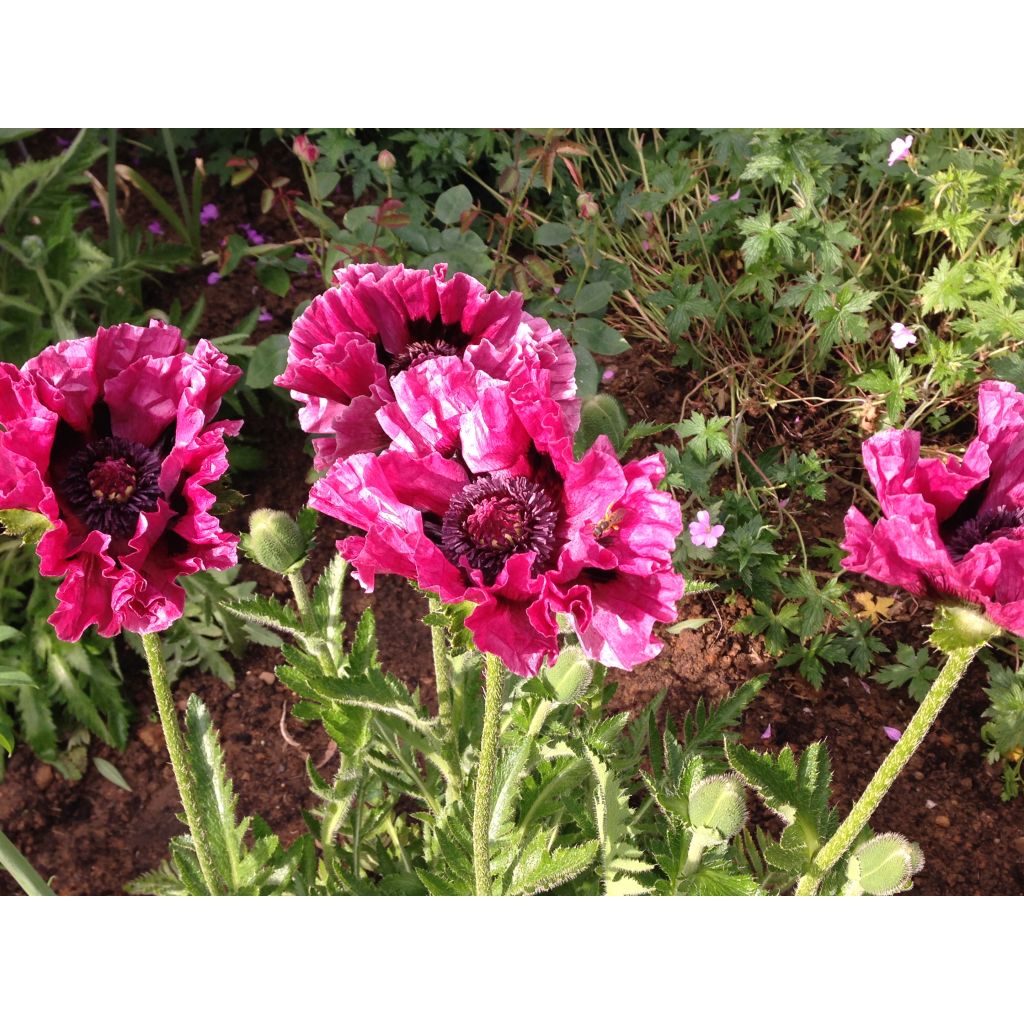

Papaver orientale Manhattan - Oriental Poppy
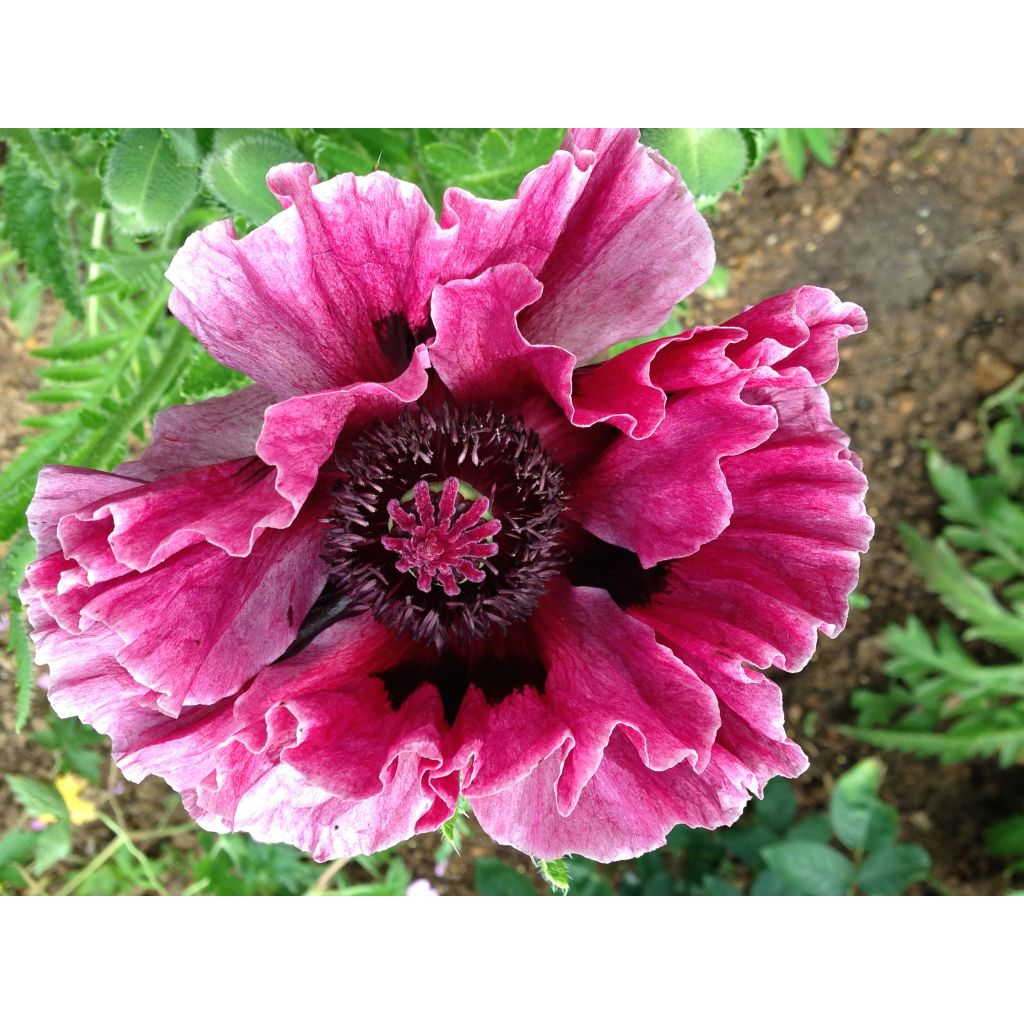

Papaver orientale Manhattan - Oriental Poppy
Papaver orientale Manhattan - Oriental Poppy
Papaver orientale Manhattan
Oriental Poppy
Why not try an alternative variety in stock?
View all →This plant carries a 12 months recovery warranty
More information
We guarantee the quality of our plants for a full growing cycle, and will replace at our expense any plant that fails to recover under normal climatic and planting conditions.
From €5.90 for pickup delivery and €6.90 for home delivery
Express home delivery from €8.90.
From €5.90 for pickup delivery and €6.90 for home delivery
Express home delivery from €8.90.
From €5.90 for pickup delivery and €6.90 for home delivery
Express home delivery from €8.90.
Does this plant fit my garden?
Set up your Plantfit profile →
Description
Papaver orientale 'Manhattan' is a beautiful variety of Oriental Poppy. The crumpled silk corollas, as big as peonies, are pale lilac in color with a dark purple macule at the center. They bloom in late spring and summer. The silky and slightly messy foliage forms a lush bluish-green clump that stands out in flower beds. It is a sturdy variety, resistant to wind and rain. Commonly found in cottage gardens, it is easy to grow in all good deep soils, in full sun.
Papaver orientale is an herbaceous perennial of the poppy family, native to Asia. The 'Manhattan' cultivar is a hybrid from the 'New York' series, developed for improved resistance to wind and rain. This plant has sturdy stems, reaching a height of about 70 cm (28in). It forms a bushy clump that reaches 40 cm (16in) in height (for the foliage) and 50 cm (20in) in width. Flowering begins in early June and continues into July, usually stopped by heat and drought. Each flower stalk bears a single pendant bud that turns upwards, giving rise to a large flower, approximately 15 cm (6in) in diameter, with crumpled petals arranged in 2 rows, soft lilac pink and maculated with dark purple at the base of the corolla. The flower remains open for a few hours before dropping its petals. Well-established plants produce multiple flower stalks, ensuring a continuous display of flowers for about 3 weeks. After flowering, the foliage tends to disappear, leaving a small basal rosette in autumn, a characteristic adaptation to high temperatures and summer drought. This plant has large, rough, dissected and hairy leaves, giving them a very decorative gray-blue reflection. The fleshy and deep roots of this Oriental poppy do not tolerate transplantation well, especially in mature plants.
Oriental poppies are equally at home in sophisticated flower beds as well as in cottage gardens or rustic compositions. Pair them with artemisias, lavenders, asters, and nepetas with delicate blooms. They also complement autumn orpine whose foliage develops during summer, Damask daisies, and cosmos for a summery atmosphere with soft colors. In any case, accompany them with perennial plants as they will fill the empty space after flowering.
They completely disappear and go dormant in the middle of summer, only to reemerge in autumn and bloom again as soon as the temperatures become milder.
Papaver orientale Manhattan - Oriental Poppy in pictures
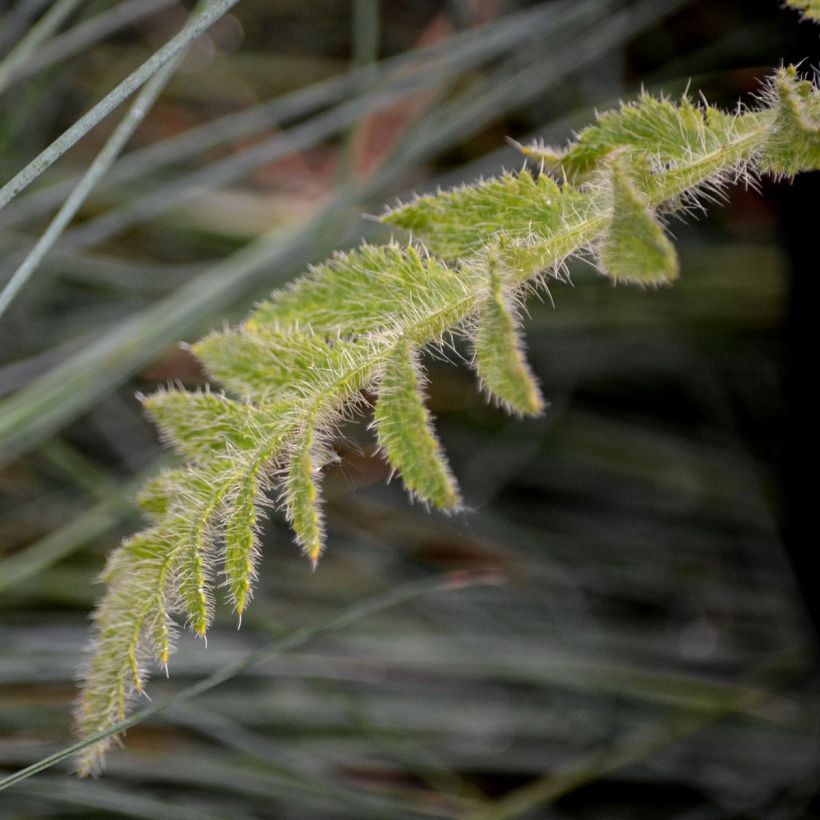

Flowering
Foliage
Plant habit
Botanical data
Papaver
orientale
Manhattan
Papaveraceae
Oriental Poppy
Cultivar or hybrid
Other Oriental Poppies (Papaver orientale)
Planting and care
Planting period
Intended location
Care
-
, onOrder confirmed
Reply from on Promesse de fleurs
Summer flowering perennials
Haven't found what you were looking for?
Hardiness is the lowest winter temperature a plant can endure without suffering serious damage or even dying. However, hardiness is affected by location (a sheltered area, such as a patio), protection (winter cover) and soil type (hardiness is improved by well-drained soil).

Photo Sharing Terms & Conditions
In order to encourage gardeners to interact and share their experiences, Promesse de fleurs offers various media enabling content to be uploaded onto its Site - in particular via the ‘Photo sharing’ module.
The User agrees to refrain from:
- Posting any content that is illegal, prejudicial, insulting, racist, inciteful to hatred, revisionist, contrary to public decency, that infringes on privacy or on the privacy rights of third parties, in particular the publicity rights of persons and goods, intellectual property rights, or the right to privacy.
- Submitting content on behalf of a third party;
- Impersonate the identity of a third party and/or publish any personal information about a third party;
In general, the User undertakes to refrain from any unethical behaviour.
All Content (in particular text, comments, files, images, photos, videos, creative works, etc.), which may be subject to property or intellectual property rights, image or other private rights, shall remain the property of the User, subject to the limited rights granted by the terms of the licence granted by Promesse de fleurs as stated below. Users are at liberty to publish or not to publish such Content on the Site, notably via the ‘Photo Sharing’ facility, and accept that this Content shall be made public and freely accessible, notably on the Internet.
Users further acknowledge, undertake to have ,and guarantee that they hold all necessary rights and permissions to publish such material on the Site, in particular with regard to the legislation in force pertaining to any privacy, property, intellectual property, image, or contractual rights, or rights of any other nature. By publishing such Content on the Site, Users acknowledge accepting full liability as publishers of the Content within the meaning of the law, and grant Promesse de fleurs, free of charge, an inclusive, worldwide licence for the said Content for the entire duration of its publication, including all reproduction, representation, up/downloading, displaying, performing, transmission, and storage rights.
Users also grant permission for their name to be linked to the Content and accept that this link may not always be made available.
By engaging in posting material, Users consent to their Content becoming automatically accessible on the Internet, in particular on other sites and/or blogs and/or web pages of the Promesse de fleurs site, including in particular social pages and the Promesse de fleurs catalogue.
Users may secure the removal of entrusted content free of charge by issuing a simple request via our contact form.

































